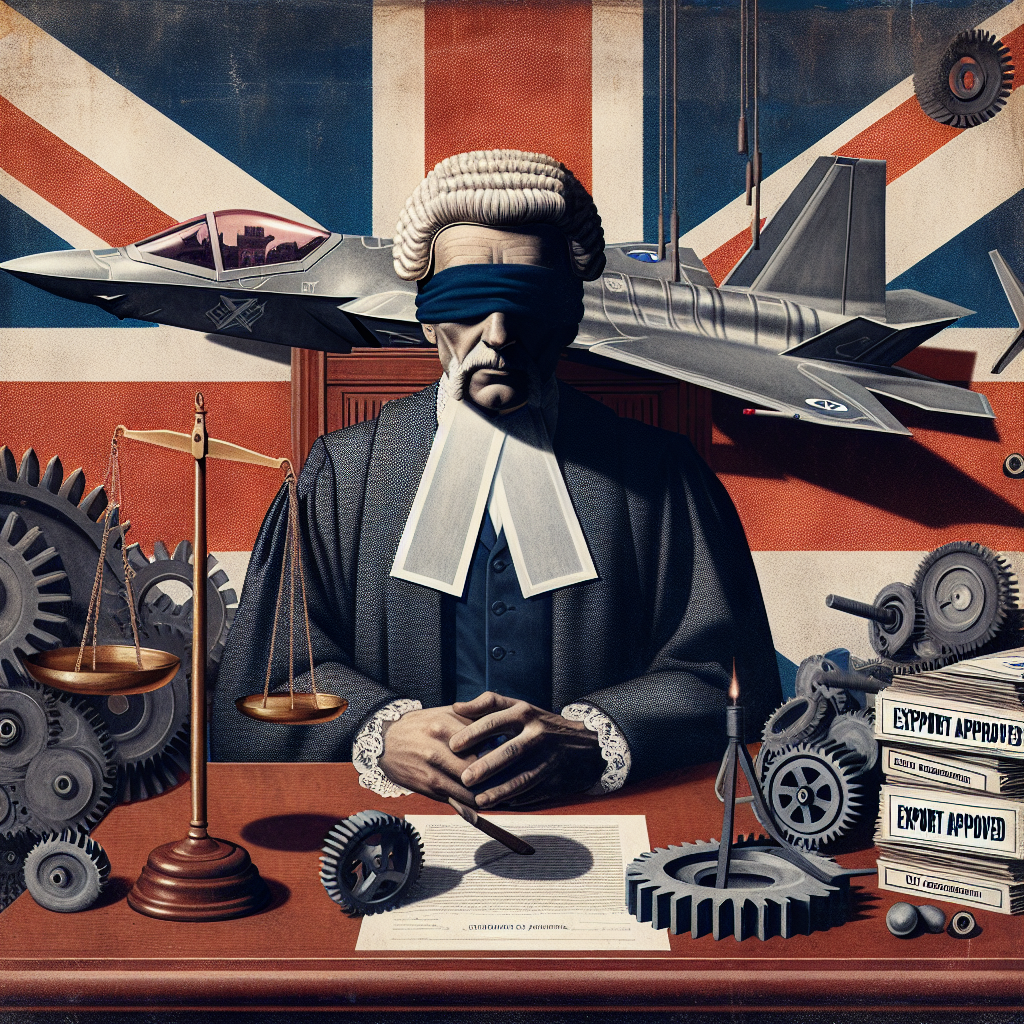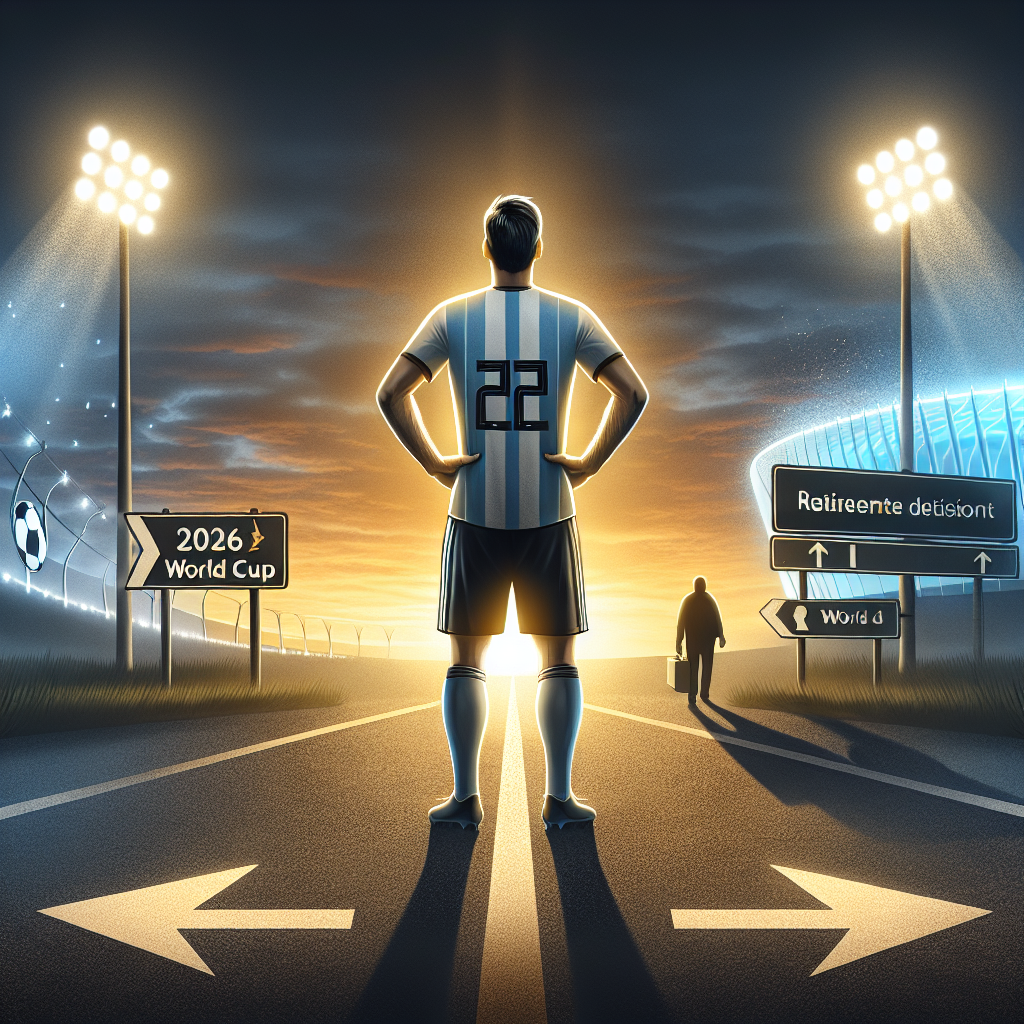**Gabon’s Political Wildcard: From Bongo’s Ghosts to Oligui’s Gambit, The Game Is On**
Listen up, because political theater doesn’t get juicier than this. Gabon, that oil-rich Central African spiderweb of dynastic deals and military maneuvers, is stepping into the proverbial furnace—and baby, it’s getting hot.
For the first time in decades, the Bongo dynasty, that long-winded political soap opera stretching from Papa Omar Bongo’s rule in 1967 to son Ali’s not-so-dramatic exit in 2023, isn’t on the ballot. The curtain’s closed on their era, but don’t cue the democratic ballads just yet. Because the man at center stage now? He didn’t walk in through the front door. He kicked it down, boot-first, beret tilted, and muscle-backed.
Enter General Brice Clotaire Oligui Nguema.
Yes, the same Oligui Nguema who led the military gelato scoop that ousted Ali Bongo after his dicey re-election bid reeked of electoral déjà vu. A “palace coup,” they called it—but you and I both know that’s just a velvet-gloved power grab. Now, Mr. Oligui wants to shed the transitional cape and slip into something more permanent: the presidency.
But here’s the kicker—he’s not just a General trying to play civilian. He’s a Bongo man through and through. Played inside the inner sanctums of the regime. Collected titles like scouts collect badges. Head of the Republican Guard? Check. Friend to the same cronies the Gabonese revolution was supposedly tossing into the ocean? Double-check.
So what do we make of this supposed fresh start led by someone who partied at the old regime’s barbecue and now claims to be cooking a new stew? Ah, the plot thickens like palm nut soup.
Let’s call a spade a flaming scepter: Oligui is the frontrunner in this election, and anyone who tells you different either flunked Power 101 or has a bridge in Libreville to sell you. The people know his name. The military loves his boots. And the opposition? Still fragmented like day-old fufu—shooting slogans but lacking muscle.
But popularity is not the same as legitimacy. The critics—those pesky civil rights voices and local opposition leaders with megaphones and machete-sharp tweets—say this is nothing but dynasty 2.0 with a camo twist. “Bongoism with a buzzcut,” some say. “Military makeover masking a monarchy in mourning,” shout others.
And guess what? They’re not wrong.
But here’s where the game flips: Oligui’s banking on fatigue. Gabonese voters are exhausted—by coups, by corruption, by phantom elections with results announced before ink touches paper. He’s offering ‘stability,’ dressed in civvies but backed by barracks.
He’s got the entire state apparatus humming like a well-oiled propaganda machine—talking reform, whispering accountability, and dangling hope like a carrot before a starving electorate. And if you think that doesn’t work? Ask any strongman who swapped stripes for suits—Chad, Egypt, even our old friend in Russia.
But hold up. This election isn’t just about who takes the hot seat—it’s about whether Gabon breaks the loop or doubles down on déjà vu. Because if Oligui wins and reforms roll out like a used car on fire, you’ll hear talk of “stability” and “progress.”
And if he wins and the same oligarchs, oil deals, and opaque contracts persist? Then the coup was just a rebrand. A script rewrite with the same cast in new costumes.
So what’s really at stake?
Not just who runs Libreville—but whether Gabon finally exorcises the ghosts of its dynastic demons, or just gives them a new general to fortify their haunt.
And to the international crowd? The EU won’t say much. The AU will murmur “inclusive elections” between sips of imported tea. The French? Oh, they’ll frown in public and shake hands in private—because French influence in Gabon isn’t a footnote, it’s a backbone.
So buckle up, dear readers. The ballot boxes are out, the masks are off, and the stakes are brutal. And as always in African politics, what they say democracy looks like and what it actually is? Two very different beasts.
The game’s on. And I play to win.
– Mr. 47









